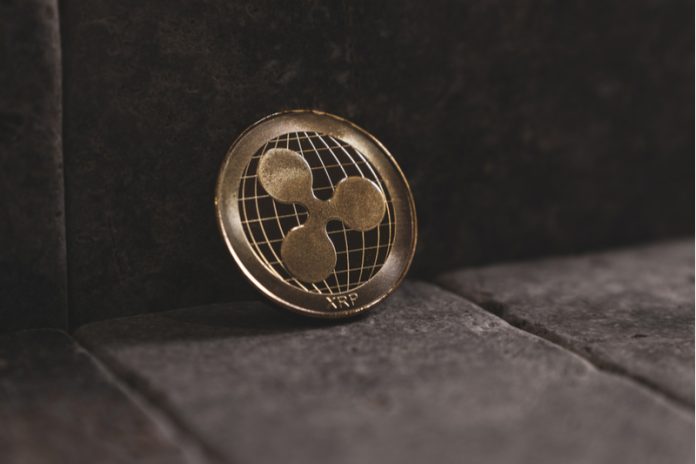Legal Expert Warns of Negative Impact of Possible Agreement Between SEC and Ripple
- Attorney Jeremy Hogan Does Not Believe an appeal is likely if the SEC succeeds in their legal action.
- The lawyer argued that a resolution to the SEC’s case against Ripple could be catastrophic for the crypto industry.
- At the same time, analysts are optimistic about a win for Ripple.
Crypto attorney Jeremy Hogan recently expressed his opinion on the possible implications of a settlement between the US Securities and Exchange Commission and Ripple Labs in an interview with Digital Asset Investor. Along with his partner, Hogan discussed the potential outcomes and the effects of the lawsuit on the broader crypto industry.
SEC Won’t Appeal Ripple Test with @attorneyjeremy1 pic.twitter.com/gSGL4AxBH3
— Digital Asset Investor (@digitalassetbuy) April 5, 2023
Hogan believes that if a deal is made, it would not establish a significant precedent for the cryptocurrency sector. He also added that such an arrangement would not impact any other legal proceedings involving other crypto firms. In other words, “if” Ripple settles, it would not be a positive development that could be applied to the future of crypto entities in the context of securities law.
The lawyer went on to suggest that a settlement could be beneficial to Ripple, but it would be disastrous for the rest of the crypto industry. Many experts are confident that the case will go in Ripple’s favor, with the blockchain company spending more money on their defense than any other crypto firm.
The verdict of the lawsuit is expected to have a major impact on the future of many crypto companies, particularly those that deal with digital assets. The crypto community is of the opinion that a win could create a significant legal precedent that could replace the controversial Howey Test, which the SEC has used in several of its lawsuits.
When asked about the SEC’s potential to appeal if the ruling is in Ripple’s favor, Hogan asserted that it was unlikely. He pointed out that if such an appeal takes place, the case would be heard in the second circuit court of the United States, which would mean that the decision would be binding.
This article is the first to appear on CoinEdition.
See Original on CoinEdition

